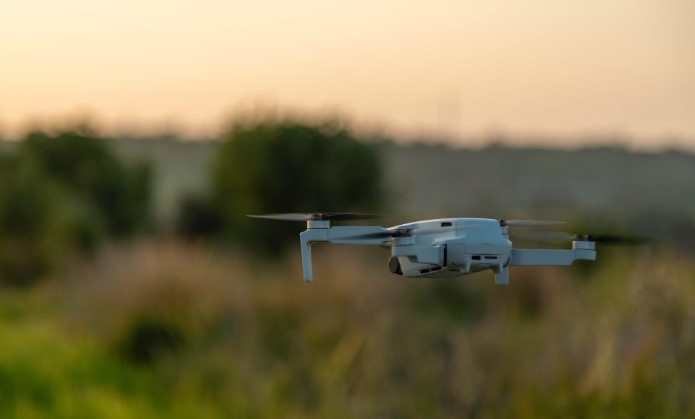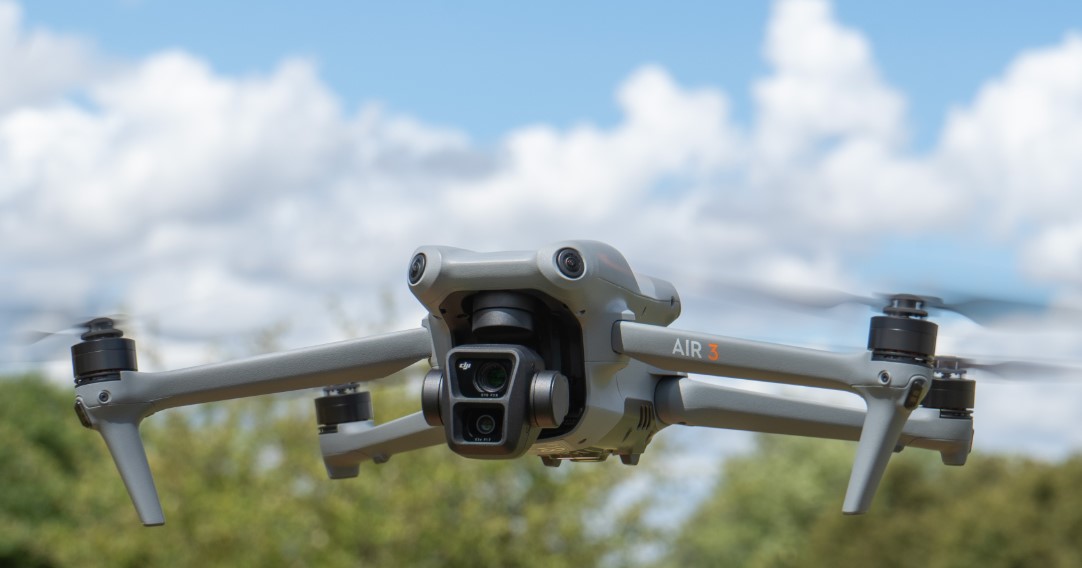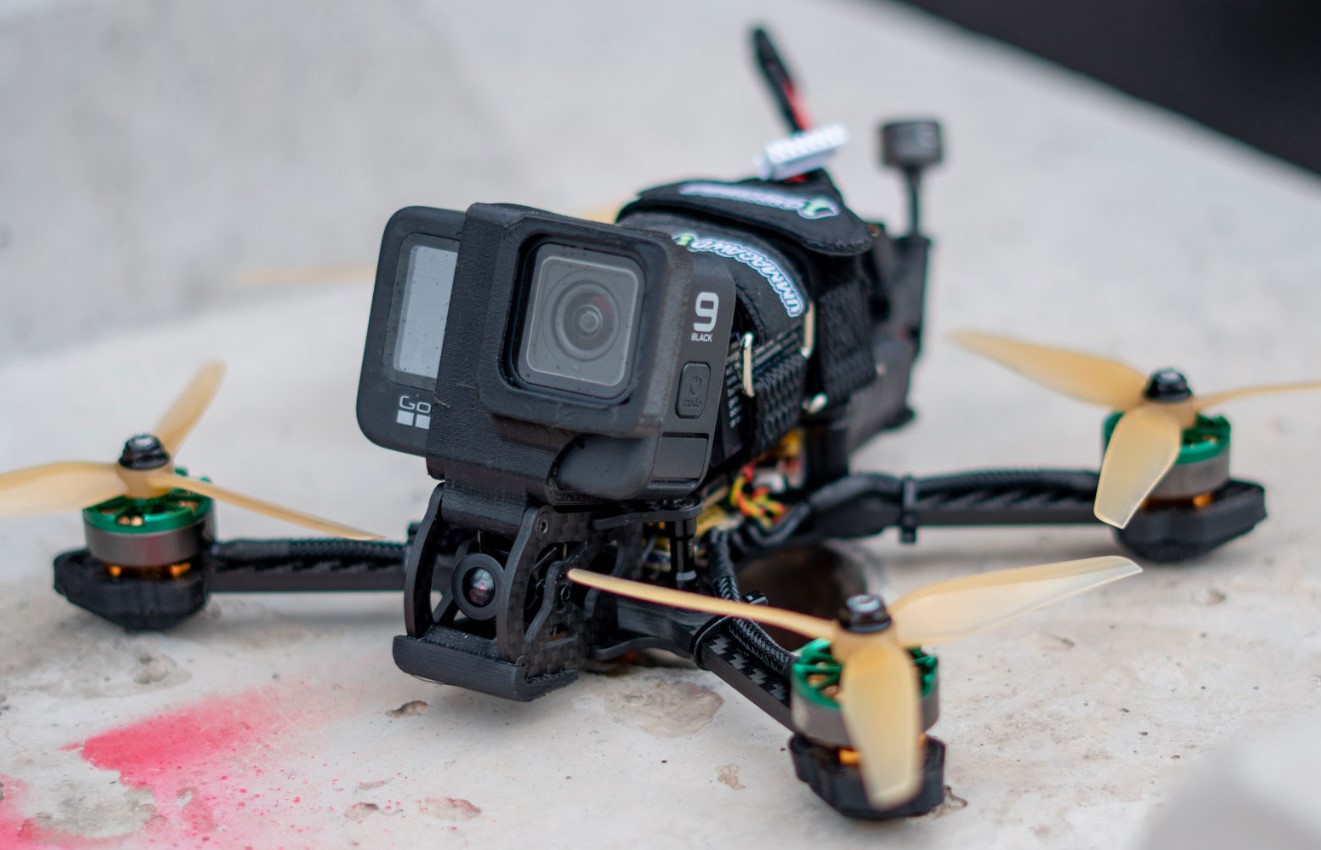What jobs can you get with a drone license? The increasing use of drones across various industries has created a surge in demand for skilled operators. With a drone license, officially known as the Remote Pilot Certificate in the U.S. under FAA regulations, you unlock numerous professional opportunities. From aerial photography to agriculture, this credential certifies your ability to operate drones safely and responsibly in commercial environments. Let’s explore some of the most rewarding careers you can pursue with a drone license. Follow Dronevoz.com !!!
Aerial Photography and Videography
One of the most popular jobs for licensed drone pilots is in aerial photography and videography. Industries like real estate, tourism, and entertainment rely heavily on captivating aerial visuals.
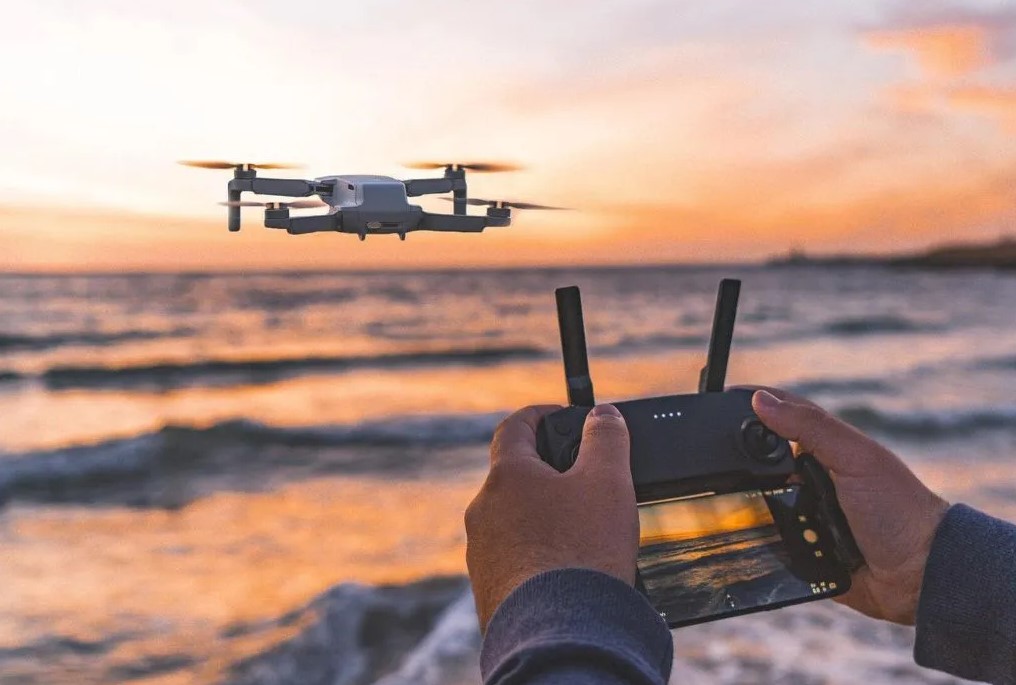
- Real Estate: Real estate agents hire drone pilots to capture stunning overhead shots of properties, providing potential buyers with unique perspectives.
- Film and Media Production: Drones are widely used in creating cinematic footage for movies, TV shows, and commercials.
- Event Coverage: Drone pilots are in demand to capture weddings, sports events, and concerts from the air, offering angles that traditional photography cannot achieve.
A licensed drone operator can charge premium rates for these services, especially if they possess skills in video editing and creative direction.
What Jobs Can You Get With a Drone License? Surveying and Mapping
The construction and engineering sectors have integrated drones into their workflows for surveying and mapping purposes. Drone pilots use specialized equipment to create highly accurate topographic maps and 3D models.
- Construction Projects: Drones assist in monitoring site progress, performing inspections, and ensuring worker safety.
- Land Surveying: Licensed operators help surveyors gather data for land development projects quickly and cost-effectively.
- Urban Planning: Planners use drone-generated maps to design infrastructure and assess environmental impact.
A background in Geographic Information Systems (GIS) can be a valuable asset in this field, as it allows you to interpret and present data effectively.
Agriculture and Farming
Drones are transforming agriculture by helping farmers manage crops more efficiently. As an agricultural drone pilot, you can help optimize farming practices through precision technology.
- Crop Monitoring: Use drones equipped with multispectral sensors to monitor crop health and identify issues like pests or diseases.
- Irrigation Management: Drones can map areas that require more water, reducing waste and improving yields.
- Planting and Seeding: Specialized drones can plant seeds over large areas quickly and evenly.
With the agriculture industry increasingly adopting drone technology, licensed operators in this sector can find ample opportunities.
>>> Read: Can You Fly A Drone From A Moving Vehicle?
Inspections and Maintenance
Drone inspections are revolutionizing industries like energy, telecommunications, and transportation. A certified drone operator can work in roles requiring meticulous assessments of structures and equipment.
- Power Line and Wind Turbine Inspections: Drones provide close-up views of hard-to-reach areas without putting workers at risk.
- Pipeline Monitoring: In the oil and gas industry, drones are used to detect leaks and ensure pipeline integrity.
- Roof Inspections: Roofing companies hire drone pilots to inspect damage, especially after storms, minimizing the need for ladders and scaffolding.
These roles require attention to detail and may involve operating drones with thermal imaging or advanced sensors.
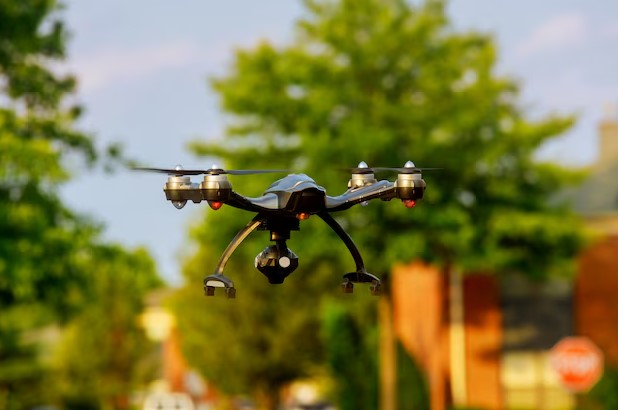
What Jobs Can You Get With a Drone License? Delivery Services
The logistics and e-commerce industries are embracing drone delivery services. Companies like Amazon and UPS have started pilot programs for drone deliveries, and licensed drone pilots are essential for these operations.
- Medical Supplies: Drones are used to deliver urgent medical items like vaccines, organs, and blood to remote areas.
- E-commerce Packages: Online retailers deploy drones to provide faster delivery for customers in urban and rural areas.
- Food Delivery: Restaurants and food chains are experimenting with drone delivery to enhance their services.
As the demand for faster and more efficient delivery grows, licensed drone operators can expect new job opportunities in this field.
Search and Rescue Operations
Drones play a critical role in search and rescue missions, particularly in difficult terrains and hazardous conditions. Organizations such as fire departments, police forces, and disaster response teams often employ drone pilots.
- Disaster Response: Drones are used to locate victims, assess damage, and deliver supplies in the aftermath of natural disasters.
- Emergency Services: Pilots can assist in finding missing persons or animals using drones equipped with thermal cameras.
- Wildlife Conservation: Drones are used to monitor endangered species and combat illegal poaching.
Jobs in this sector are highly rewarding, offering an opportunity to make a significant impact while leveraging drone technology.
Drone Training and Education
As the drone industry expands, there is an increasing need for qualified trainers to teach others how to operate drones safely and effectively. Licensed drone pilots can start their own training programs or work for established flight schools.
- Basic Flight Training: Teach beginners how to fly drones and understand regulations.
- Advanced Certifications: Offer specialized training for commercial operations, such as mapping or inspections.
- Educational Outreach: Work with schools and community organizations to introduce drone technology to students.
This career path is ideal for those who enjoy teaching and sharing their expertise with others.
Military and Defense Applications
The military and defense sectors are among the largest users of drone technology. With a drone license, you may find opportunities to work as a civilian contractor or directly with government agencies.
- Reconnaissance Missions: Drones are used for gathering intelligence and monitoring potential threats.
- Surveillance Operations: Licensed operators manage surveillance drones to enhance national security.
- Equipment Testing: Pilot drones during the testing and development phases of military technology.
This field often requires additional security clearances and specialized training.
>>> Read: Can Drones Lift Humans? Exploring the Possibilities and Challenges
Environmental Monitoring
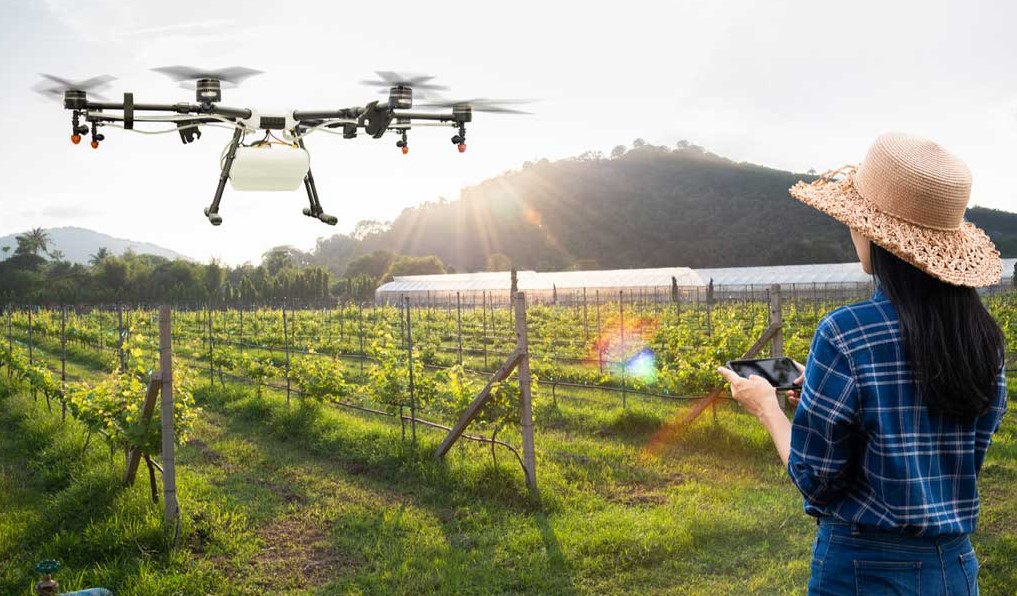
Licensed drone pilots contribute to environmental conservation by conducting surveys and monitoring ecosystems.
- Forest Management: Drones are used to track deforestation and monitor reforestation efforts.
- Water Resources: Operators gather data on water quality and track pollution sources.
- Wildlife Monitoring: Conservationists use drones to track animal populations and study migration patterns.
Working in this field allows you to combine a passion for technology with environmental stewardship.
What Jobs Can You Get With a Drone License? Freelance Opportunities
Finally, many drone pilots choose to work as freelancers or start their own businesses. This career path provides flexibility and the chance to explore various industries.
- Independent Projects: Work on creative projects like short films or virtual tours.
- Contract Work: Offer your services to multiple clients across different sectors.
- Business Ownership: Start a drone services company, catering to industries such as construction, real estate, and events.
Freelancing requires strong business skills and the ability to market your services effectively, but it offers the freedom to tailor your career to your interests.
Conclusion
A drone license opens doors to a wide range of careers across industries like photography, agriculture, logistics, and environmental conservation. The increasing reliance on drone technology ensures that demand for licensed pilots will continue to grow. Whether you aspire to work in a structured corporate environment, contribute to critical missions, or launch your own business, the possibilities are vast and exciting.
Investing in your drone license and honing specialized skills can lead to a fulfilling and lucrative career in this rapidly evolving field.
